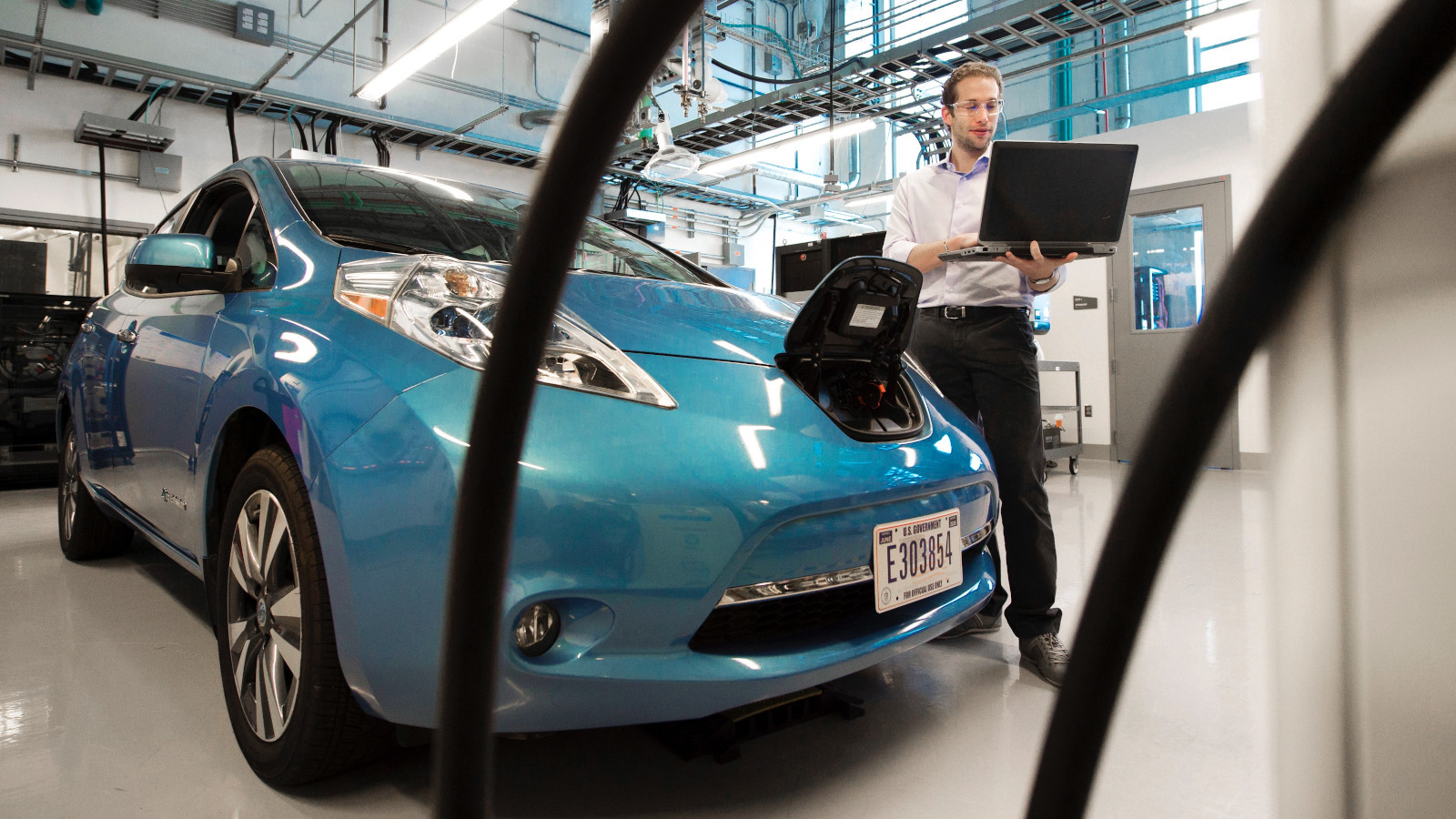Researchers at Stanford University created an electrolyte that solves a dendrite problem with efficiency approaching commercial viability. | Science in HD/Unsplash
Researchers at Stanford University created an electrolyte that solves a dendrite problem with efficiency approaching commercial viability. | Science in HD/Unsplash
President Joe Biden's strategy to promote green energy has included promoting a significant transition toward electric cars (EV).
However, Chris Teague, a contributing automotive journalist for Autoblog, recently reported that the price of an EV has risen over 20% since last year.
"In May, buyers paid an average of 22% more for a new EV than they did the year before, as the average sale amount climbed to $54,000," Teague said.
Increased raw material costs, R&D expenses, rapid demand growth, and inflation are believed to be important contributors to EVs becoming increasingly expensive.
Teague noted that costs for gasoline-powered automobiles have also increased, albeit to a lower scale, with consumers paying an average of $44,400 for a gas-powered car in the last year, marking a 14% increase.
According to CNBC, a recent report by AlixPartners found that raw material prices for electric cars has doubled during the COVID-19 pandemic.
Due to the increased cost of materials, manufacturers such as General Motors, Tesla, Lucid and Rivian have had to substantially increase the prices of their vehicles.
As of May, average EV raw material prices had reached $8,255 per vehicle, with essential battery materials such as cobalt, nickel, and lithium demanding the highest costs.
According to CNBC, this average cost has increased by 144% from March 2020, when it was $3,381 per vehicle.
CNBC also reported that EV-specific prices have risen to $4,500 from approximately $2,000 over the previous two years.
As part of Biden's campaign for green energy, the Biden administration has promoted the transition to electric automobiles since August 2021, with the objective of making at least 50% of all vehicles emission-free by 2030, according to a White House press release.
This year alone, Tesla has raised the costs of its cars several times, to the point that the cost of some Tesla EVs has approximately risen by 10% since the beginning of 2022.
According to the World Population Review, the typical family income in Nevada is $60,365, rendering the purchase of an average electric vehicle impractical.
The average price of gas in Nevada is $5.38 a gallon as of July 14, according to data provided by the American Automotive Association (AAA).




 Alerts Sign-up
Alerts Sign-up